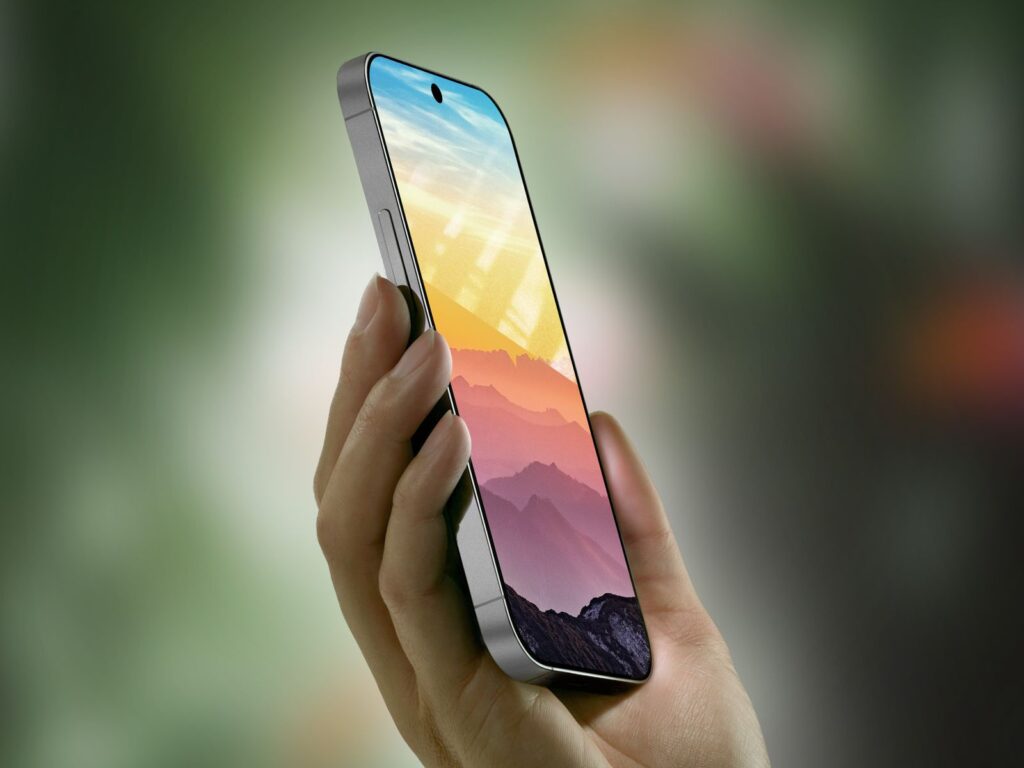The buzzphrase of the last few months has been generative AI, and the latest report from Bloomberg’s Mark Gurman, writing in his latest Power On newsletter, says that Apple is working out how to bring it to Apple products from the iPhone to the Mac.
Gurman claims that while Apple has some catching up to do to match the steps taken by Google and Microsoft to introduce generative AI into their products, that the process has begun.
I met with Apple’s CEO Tim Cook last month and asked him about numerous topics from iPhone gaming to Vision Pro. And I quizzed him about AI. Cook said that the company had used AI for years for everything from autocorrect to health monitoring. So, how about generative AI?
Cook told me, “We’ve been working on generative AI for years and have done a lot of research. And we’re going to approach it really thoughtfully and think about it deeply, because we’re fully aware of the not-good uses that it can have, and the issues around bias and hallucination and so forth.”
And how about the worry that the company has been left behind by what other companies are doing. Cook said, “You know, we’ve never felt an urgency to be first, we’ve always felt an urgency to be best, and that is how we go into this as well.”
The new report suggests that we could see the fruits of Apple’s labors as soon as next year. Gurman says the software engineering group, led by Craig Federighi, are adding AI to the next version of iOS, meaning we could see it as soon as next fall, when the iPhone 16 and iPhone 16 Pro are revealed. Improvements to the software would include a smarter Siri and a Messages app that can complete sentences automatically.
Generative AI could also be baked into development tools like Xcode, so that apps could be written more quickly. And other apps, such as Apple Music could benefit from auto-generated playlists crafted by AI, for instance. Similarly, apps like Pages and Keynote could use AI to help users write or automatically generate slides in presentations.
One of the key questions is whether generative AI should be on-device or in the cloud. I put this exact question to Cook as well, saying that much more could be done if the cloud handled more advanced tasks.
Would it ever risk sacrificing privacy to get more power, I asked him? “No,” Cook said. “To us, privacy is a fundamental human right, and the atmosphere is such that people’s privacy is being challenged every day, and we think privacy is more important today than it was 10 years ago. It’s one of the most profound issues of the century. We’re not backing off.”
These are exciting times and bode well for what the next iPhones and Macs will deliver.
Source : Forbes


